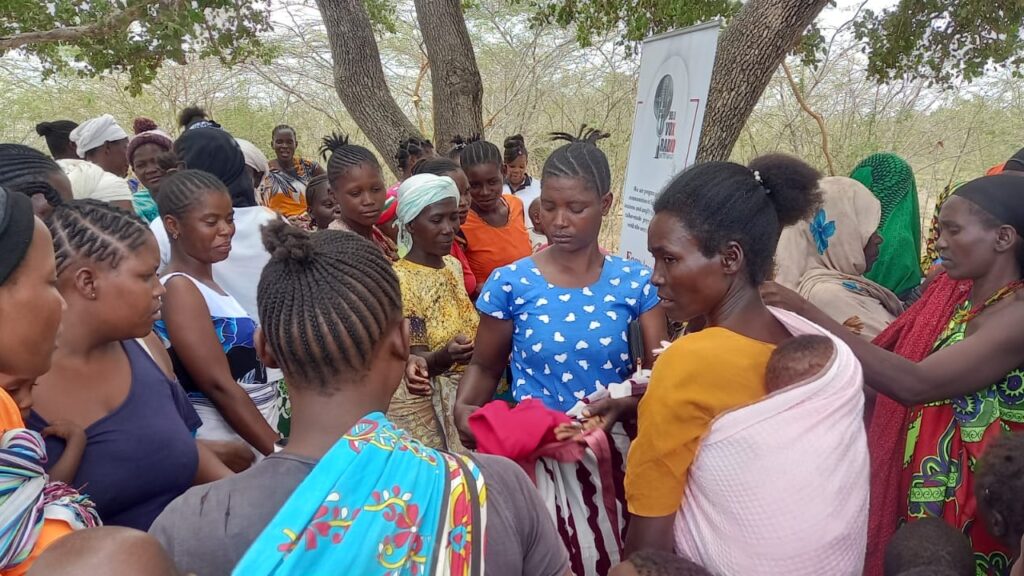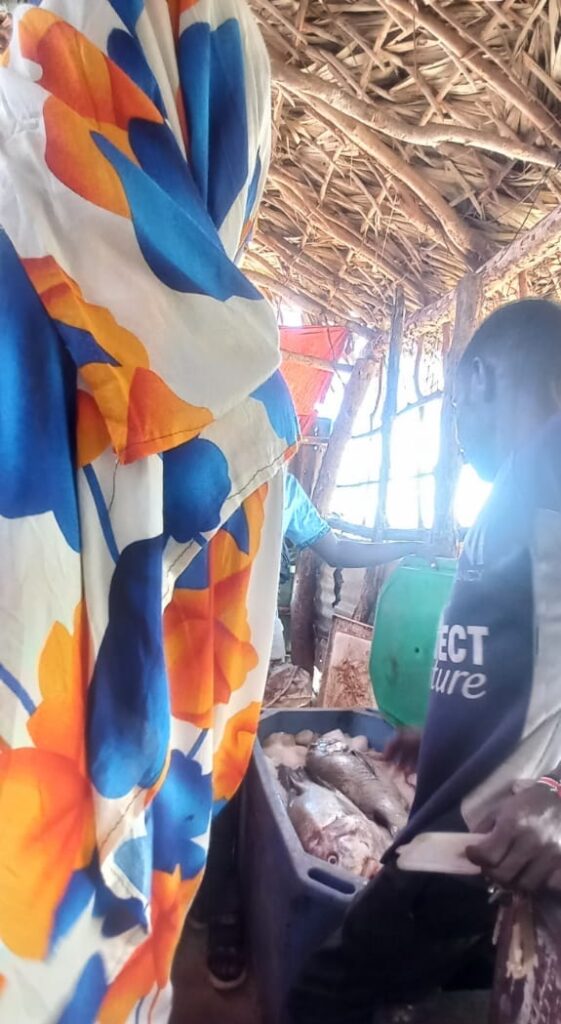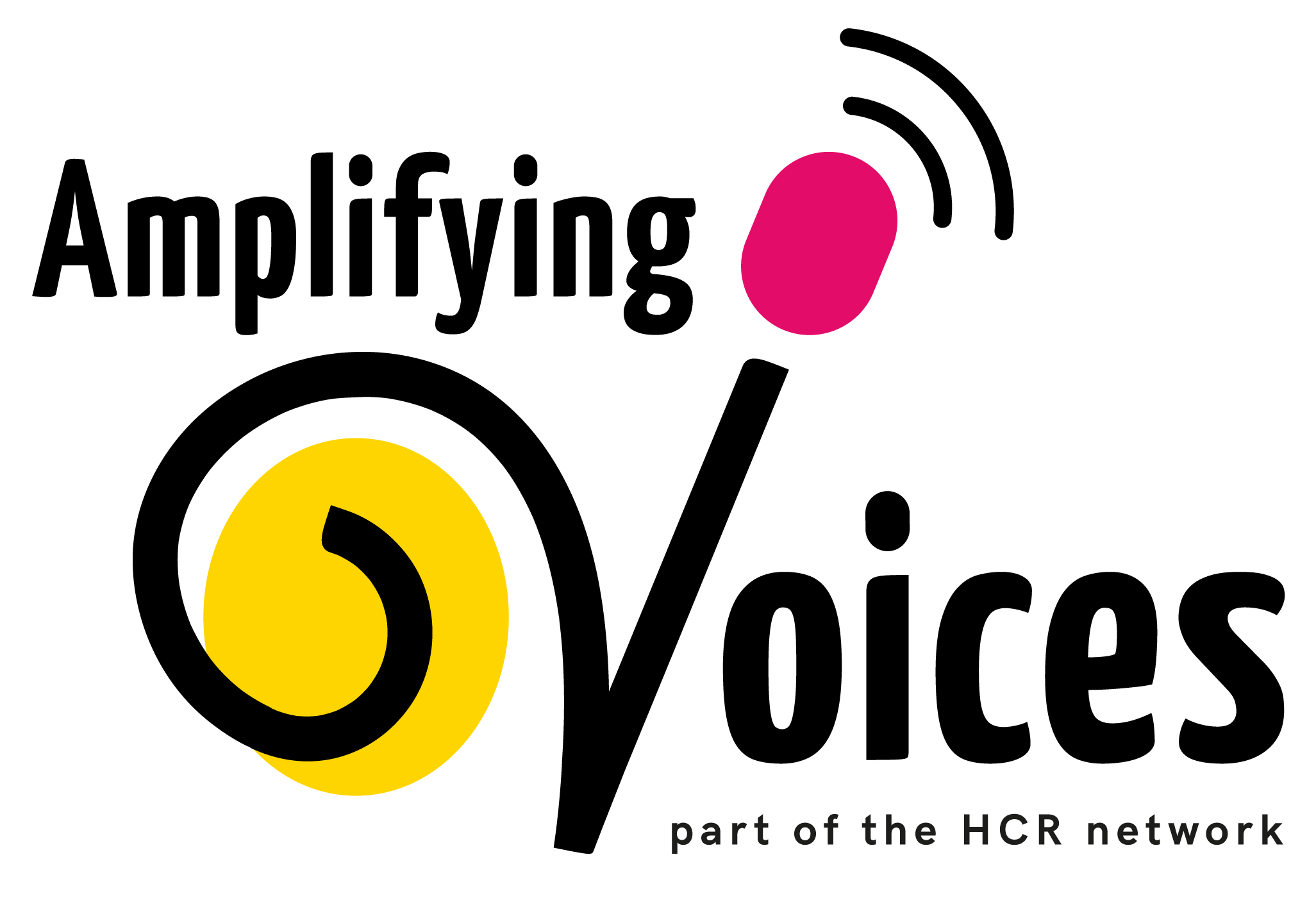
Airwaves Shatter Silence, Inspire Action
When a story about women forced to trade sex for fish at the Kipini coast aired on Vox Radio recently, it struck a raw nerve—especially among religious and cultural leaders. Fish stocks in the Kipini area of the Tana River have been dwindling in recent years, and the broadcaster exposed not only a desperate survival tactic but also the quiet complicity of those who profit from the vulnerability of women. It was also the first time that HIV had been spoken about publicly in this community
“It made people uncomfortable. Our leaders still don’t like airing our dirty laundry or smearing the community’s name. Here, HIV is taboo,” admits the chairman of Kipini Integrated Community Enterprise (KICE), who first invited Vox Radio to get involved with the local community.
The village elders believed that talking about HIV treatment would encourage promiscuity.
The resistance is rooted deep in tradition. The chairman recalls how, in one local village, they were nearly chased away when introducing HIV awareness campaigns. The village elders later explained that in the past people who looked sick and showed leprosy symptoms were locked away and left to die, their bodies burned to prevent the spread of disease.
Despite the backlash, this bold move and the bravery of women to speak out, has cracked open a door to new conversations. By bringing these issues into the open, the conversation around HIV-and the poverty fueling it-could no longer be ignored. For many women, the fight against HIV begins with economic survival.

Poverty and gender inequality, however, remain complex challenges. Many of the women involved in sex-for-fish trades are young mothers, abandoned by older husbands who go on to marry younger wives. With limited education and job opportunities, survival often means taking risks that increase their vulnerability to HIV – a pattern seen across Kenya, where female sex workers face the highest HIV rates, with nearly one in three living with the virus.
A few weeks after the story was featured, KICE was invited for a radio talk show to discuss their advocacy efforts -not only on HIV and gender inequality but also on economic empowerment. Since then, hundreds of women and youth have applied for KICE’s blue economy entrepreneurship training. Their current cohort numbers jumped from 450 to 750 participants.
“It’s a joy to see the community embracing alternative livelihoods,” the chairman reflects.
Thanks to Vox radio raising awareness through community outreach, and the courageous work of volunteers and survivors, the taboo around HIV and gender inequality is slowly breaking. More people are coming forward to get tested, and patients are learning to live openly, supported by families. By addressing poverty and opening up new economic opportunities, Kipini is taking real steps to change the HIV story-one conversation at a time.
Nyambura Wamaitha has been working as a consultant with Amplifying Voices, which helped set up Vox Radio in 2017 as a peace building partnership with the Amani Centre CBO and Sentinel Project.
Kipini Intergrated Community Enterprise (KICE) is a community based organization that rallies over 50 community groups to fight HIV/AIDS, TB, and poverty in Kipini in Tana River County.
